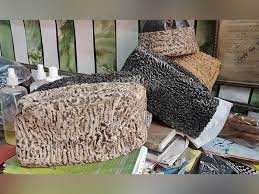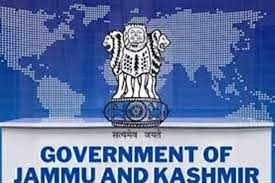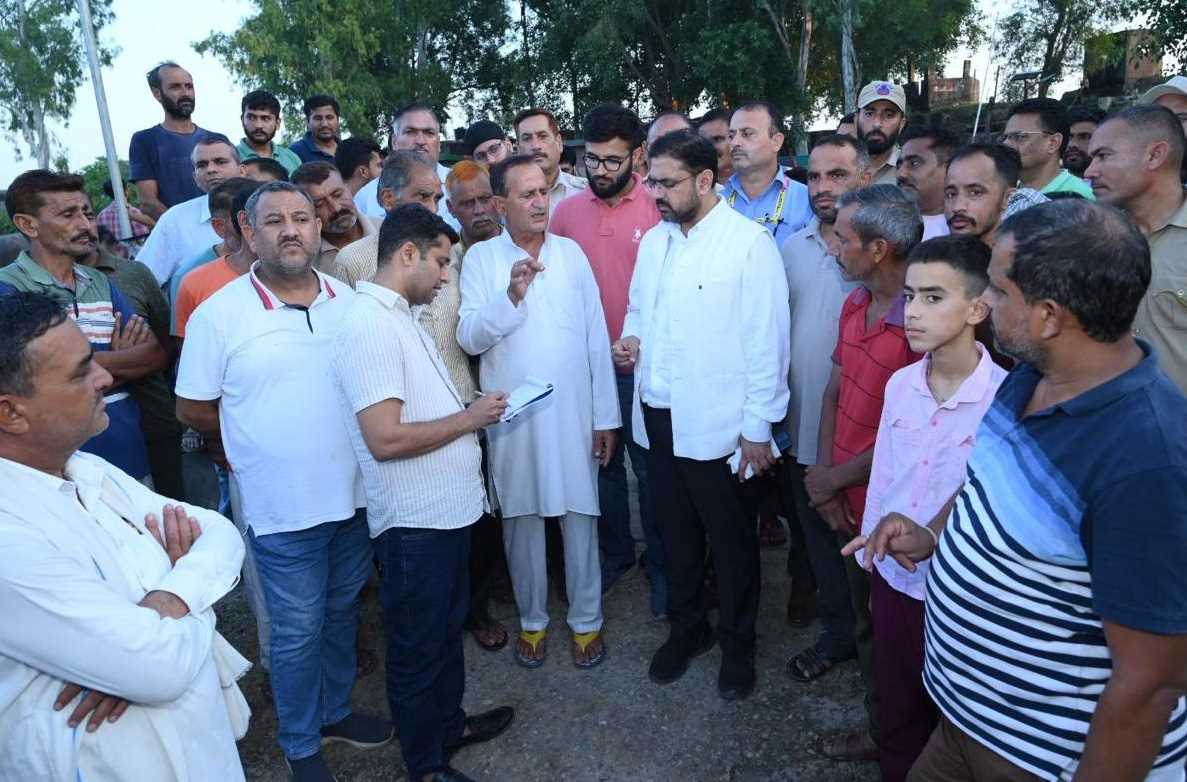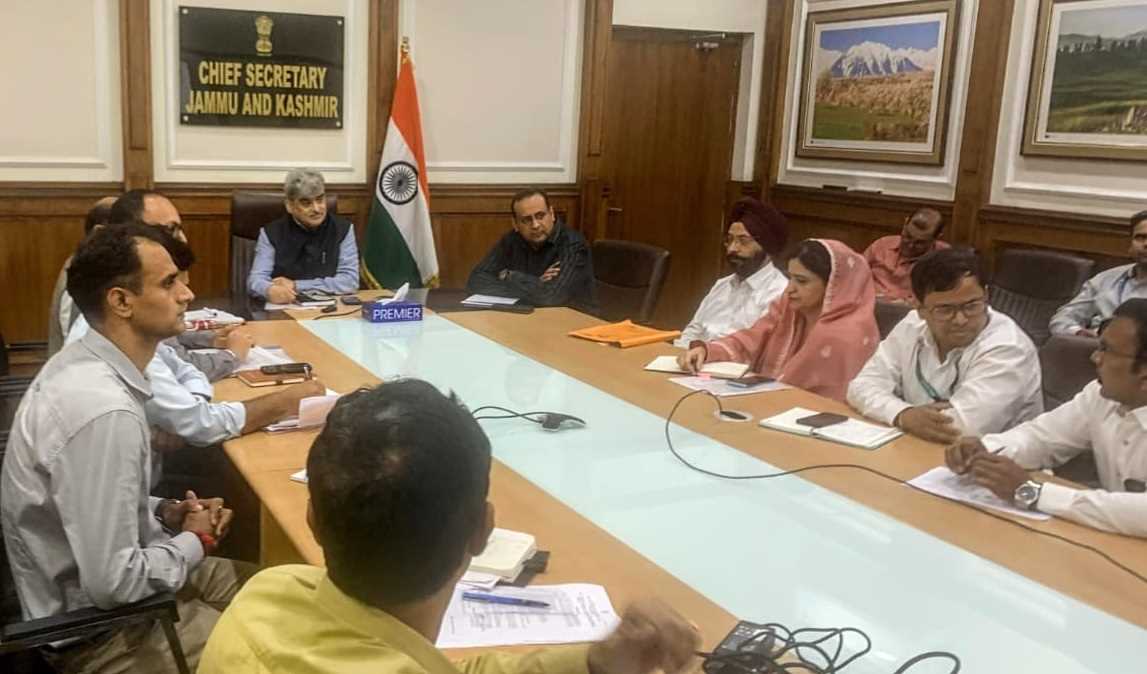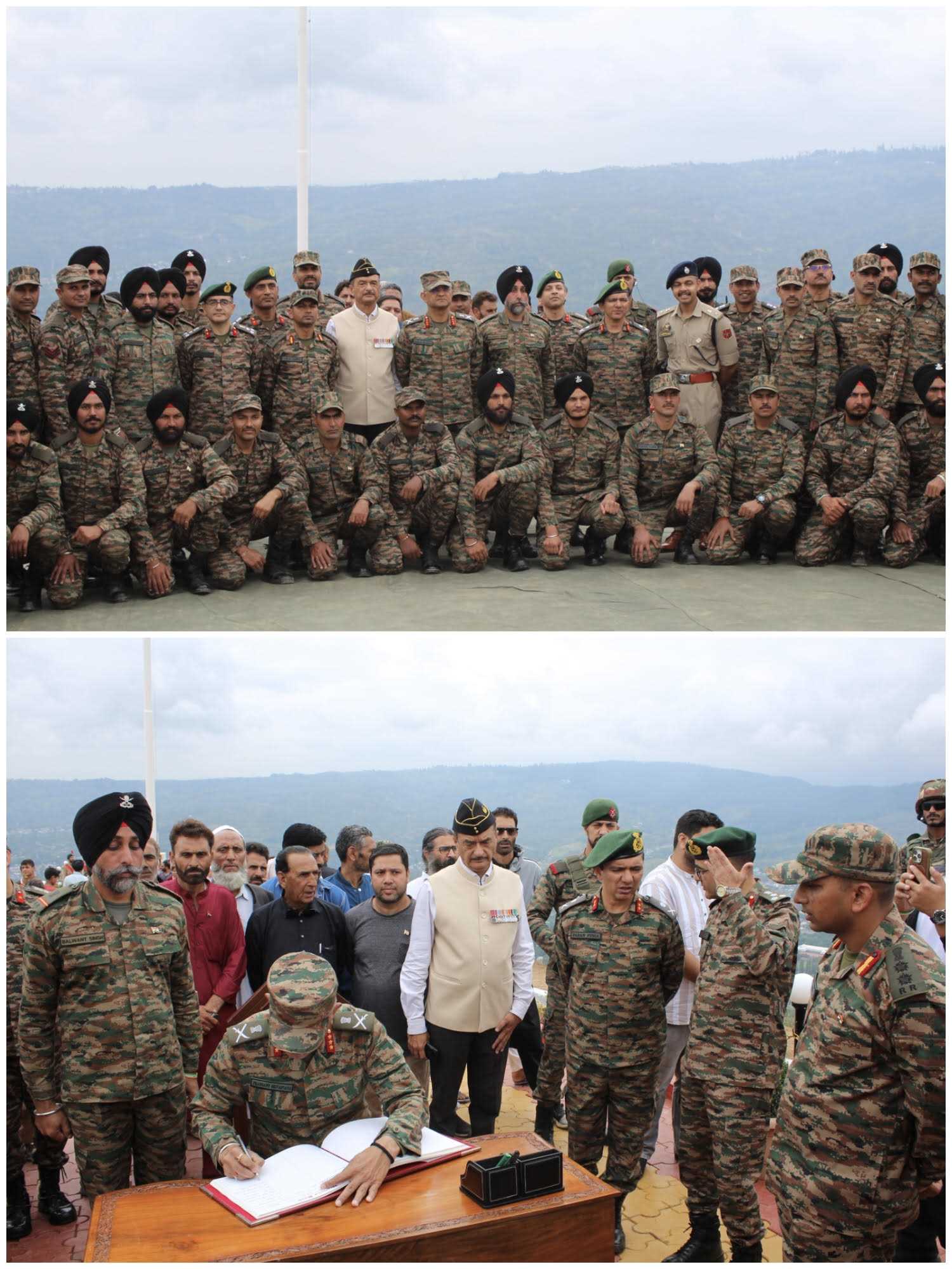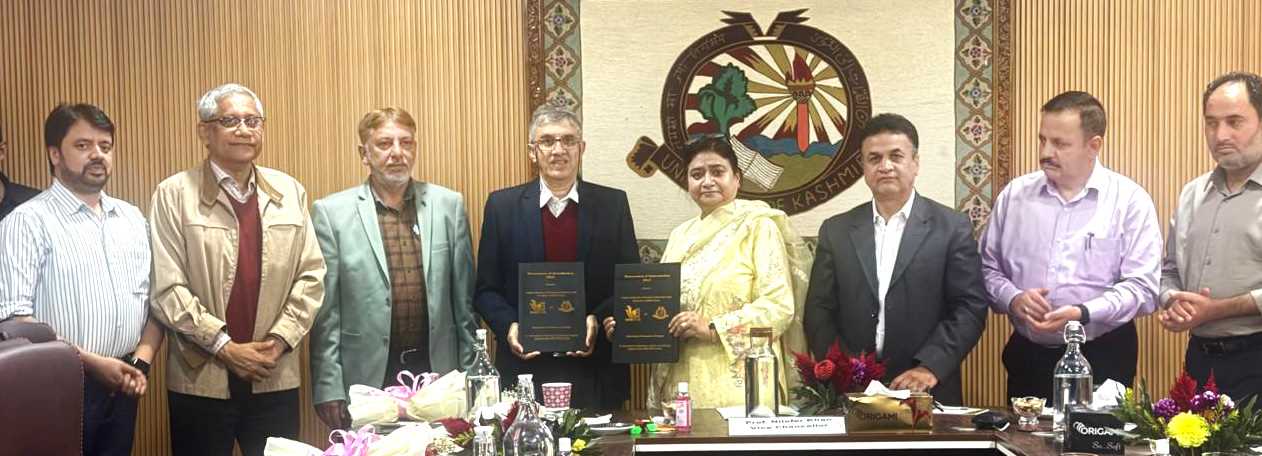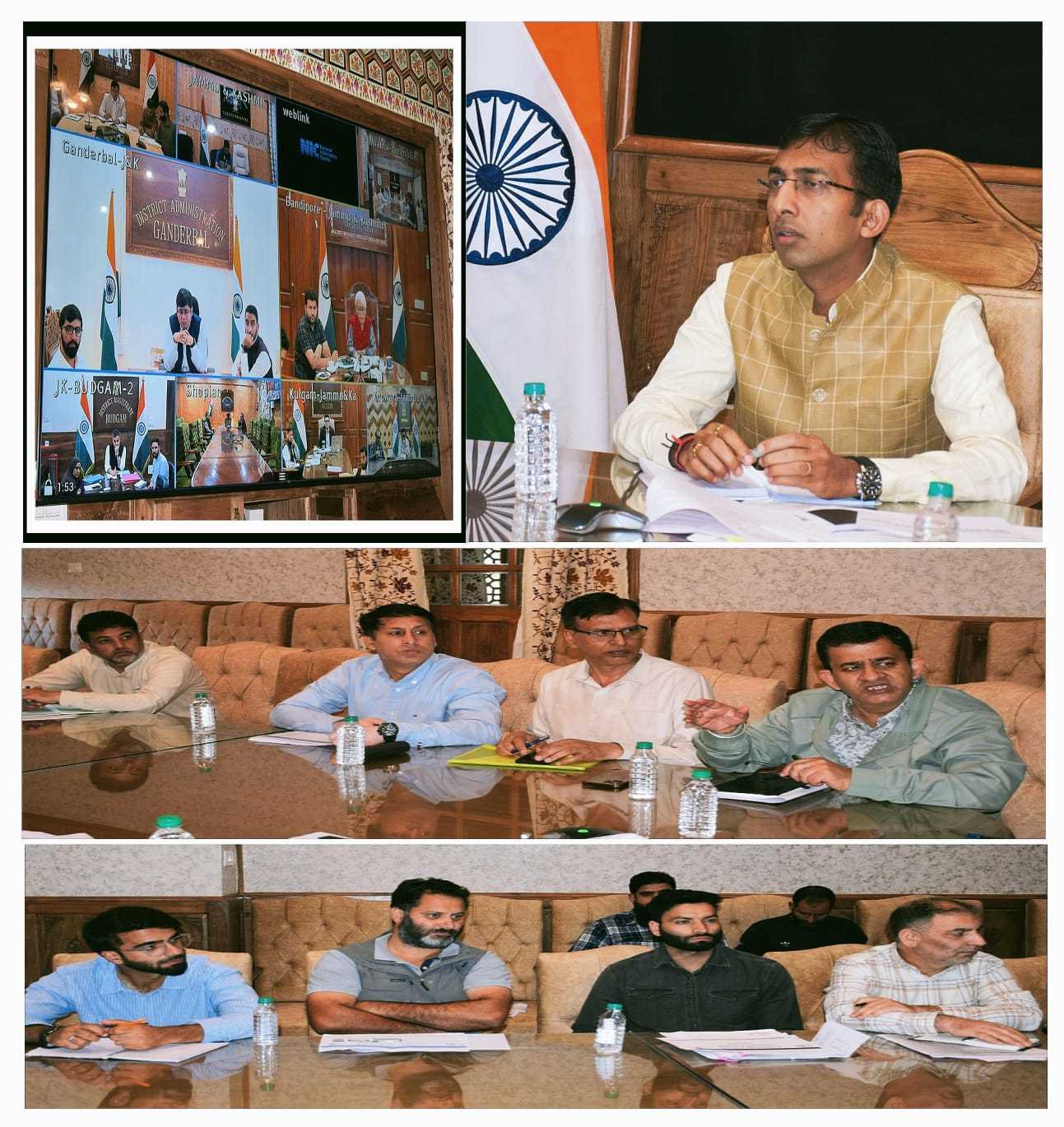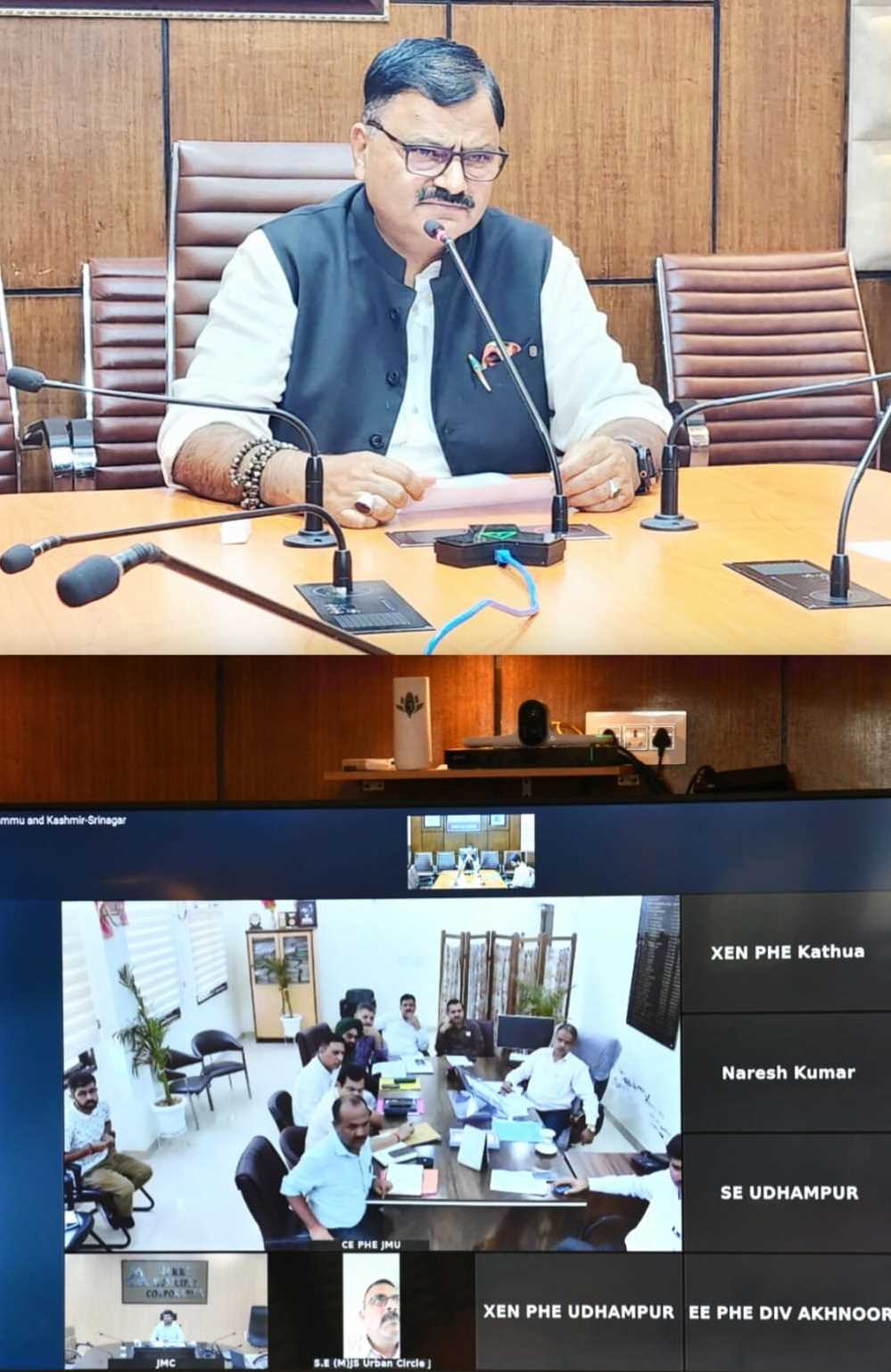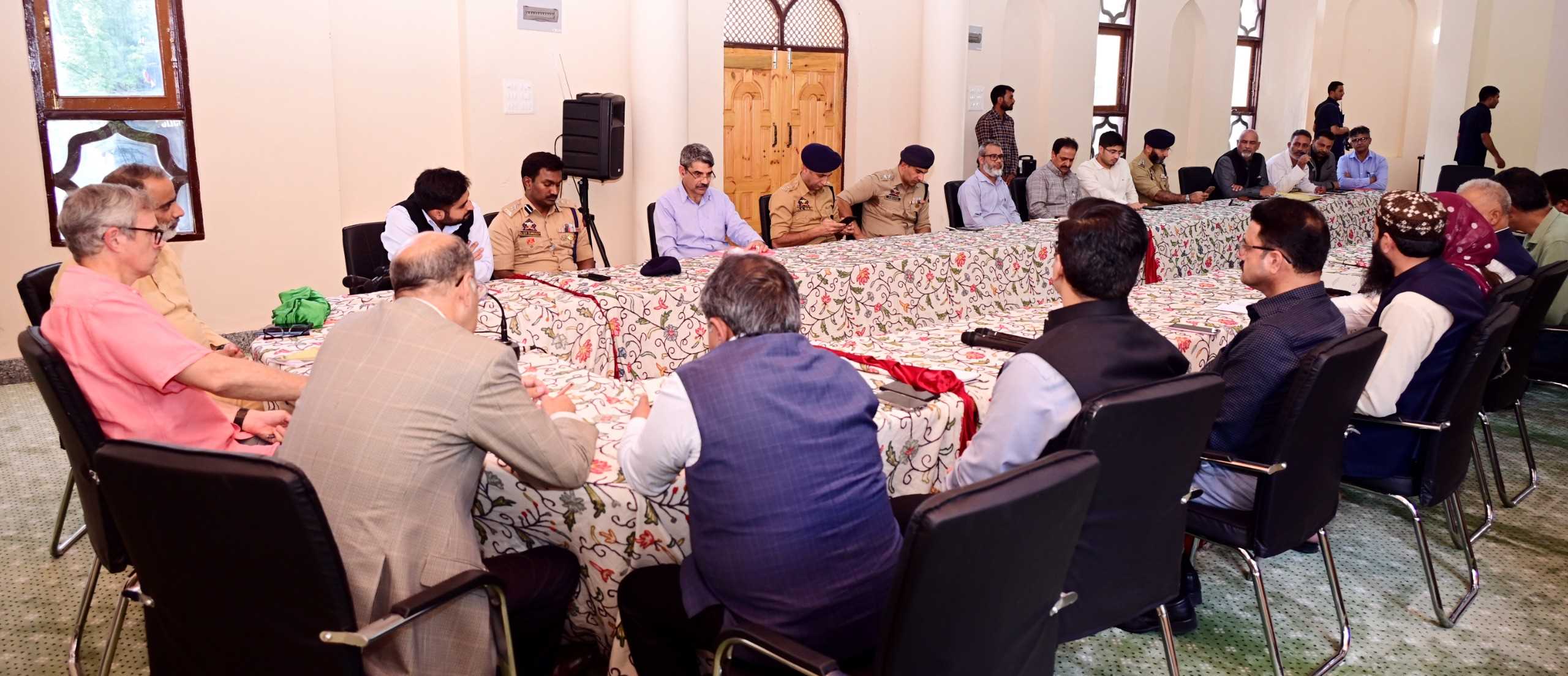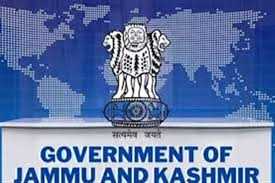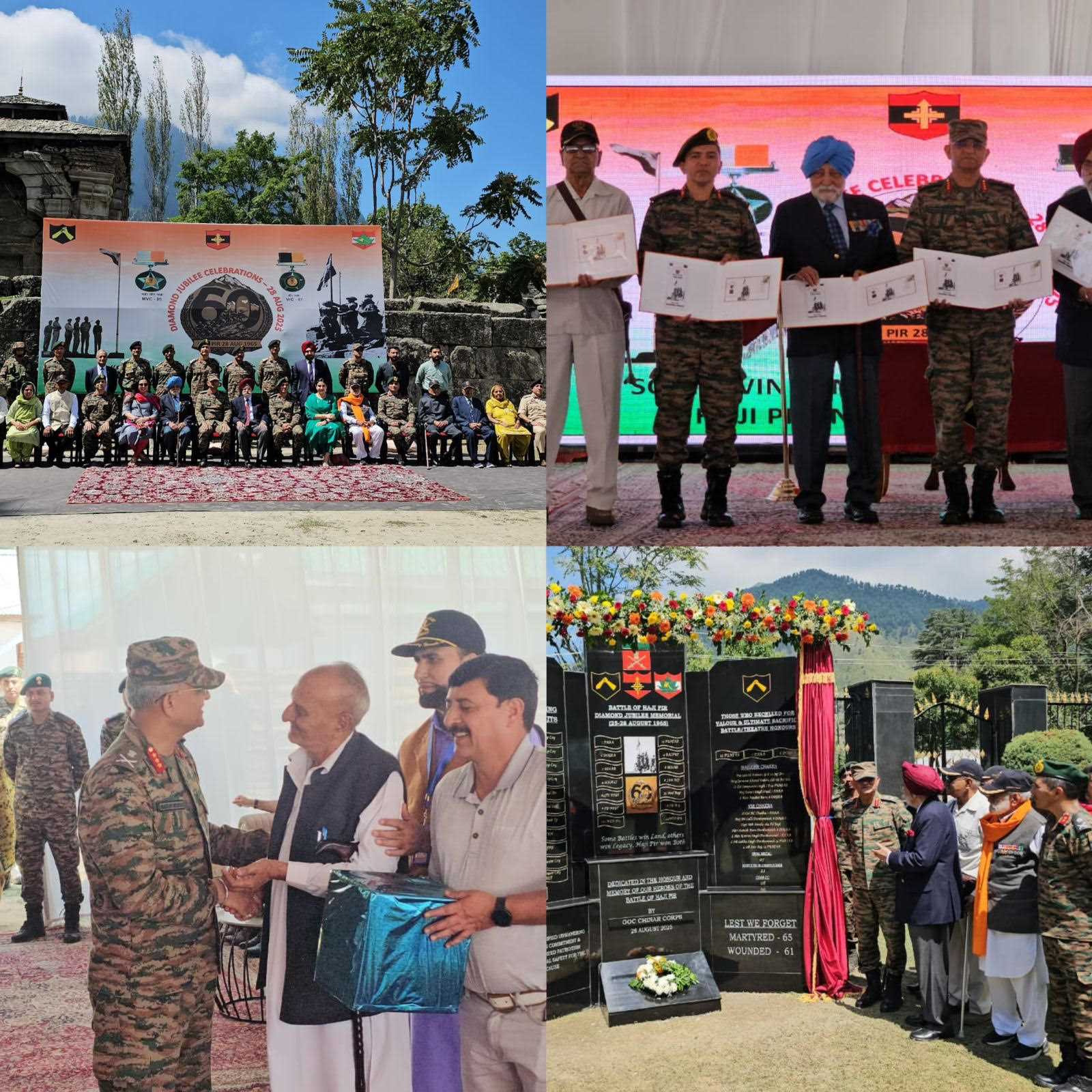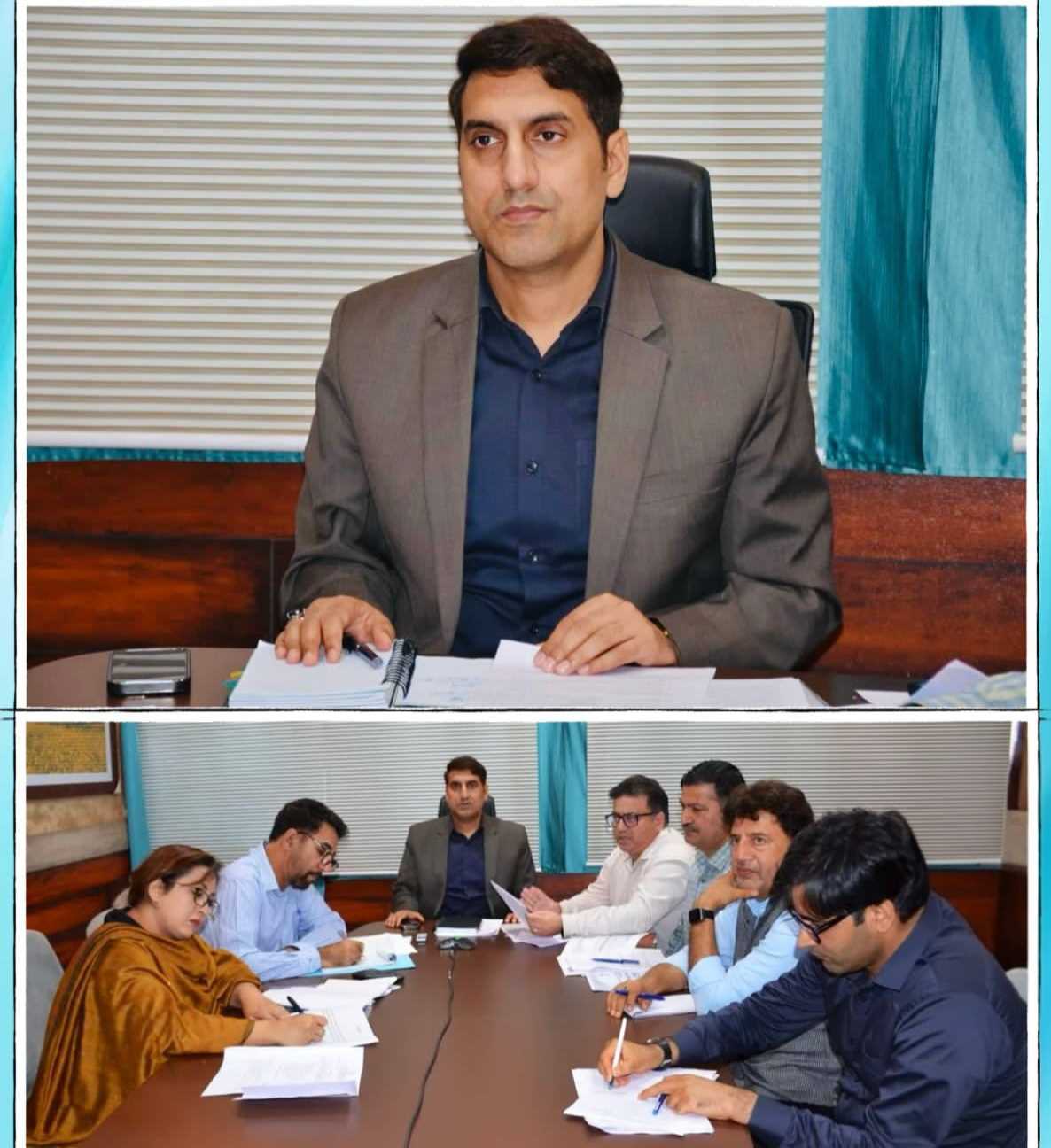The traditional cap that Kashmiris wear is known by its native name, qaraqul. It is regarded as Kashmir's regal headgear and represents Kashmiris' honor and dignity.
The term "Qaraqul" refers to the traditional headgear worn by the inhabitants of Kashmir. It is regarded as Kashmir's royal headgear and represents honor and dignity to Kashmiris. "Karakul" refers to a type of sheep originating in Central or Western Asia. This headgear is fashioned from sheep and goat wool, as the name would imply. In Kashmir, this headgear crafted from Karakul lamb skin is highly well-liked. This fur has a glossy shine, a velvety feel, and a soft, curling texture. The cost of a cap varies from Rs6,000 to Rs30,000 depending on the leather's quality.
Popular names for the wool used to make these caps include astar, astarkhan, broadtail, qaraqulcha, and Irani menda. The Turkish word Karakul's literally translation is "black wool."
In terms of design, the cap is peaked and has several parts. When removed from the head, it folds flat. The headgear has gained much popularity among Muslims in Central and South Asia, yet it has no particular religious meaning.
The cap's stiff, curly structure and distinctive design result from the fur taken from a newborn sheep.
It has been noted that the majority of mainstream politicians like Karakul hats. A Kashmiri man may frequently exchange his dastar for a Karakul cap while waiting for his bride to arrive at his in-laws' home. In the 1960s, karakul hats gained popularity among African-Americans and other people of color. African leaders who were themselves descended from pre-colonial African royal families, like Modibo Keta of Mali and Ahmed Sékou Touré of Guinea, donned the karakul cap to signify their independence from European colonial rule. Christians and Jews of African and African-American descent frequently don the karakul hat.
The 125-year-old store "John Cape House" in Srinagar's Nawa Bazar neighborhood sells this unique cap. There are three main styles of this particular cap, according to Muzaffar John, the fourth-generation producer of these caps. The first is the Jinnah style, followed by Afghan karakul and Russian Karakul.
According to Muzaffar John, one of the few remaining Karakul cap artists with more than 40 years of expertise, there used to be more than 900 shops in Srinagar that created Karakulli caps in line with the fashions of the day, but today there are just a few.
Ali Mohammad Jinnah received a Karakul cap from Muzaffar's grandfather in 1944, Rajiv Gandhi received one from his father in 1984, and Muzaffar manufactured two for Narendra Modi in 2014. Farooq Abdullah, Ghulam Nabi Azad, and a number of other well-known politicians wear caps made by Muzaffar.
Additionally, I have created Karakuli caps for a number of well-known individuals around the globe, including the King of Oman, stated Jan. Even though the product is no longer in demand, Jan says he is pleased that technology has enabled him to attract clients from all over the world.
The Jinnah cap is one of the most well-liked hats in the Karakul family, said Muzaffar. Even while this particular hat style has been declining in popularity, the younger generation is now very interested in wearing it.
